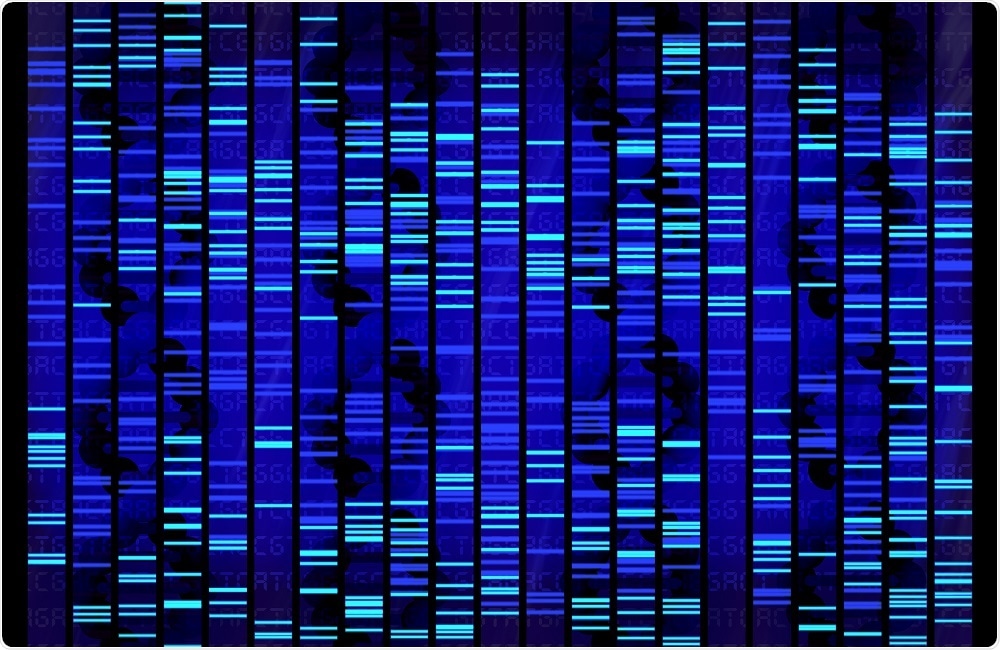
Researchers identify genes associated with aggressive behavior
Researchers from the University of Barcelona and collaborators have pin-pointed forty genes that are associated with aggressive behaviors in humans and in mice.
 Image Credit: The Biochemist Artist / Shutterstock
Image Credit: The Biochemist Artist / ShutterstockThe study provides a deeper understanding of the genetic element underlying aggressive behavior and how the brain circuit is altered in cases of violent behavior.
Cormand and team established that humans and mice shared a common genetic base when it came to violent behavior. Specifically, they found forty genes shared by the two species that increased the risk of aggressive behavior.
Co-author Fernàndez Castillo says the genes contribute to biological processes that are linked to the development and function of the central nervous system, to cellular communication and to the maintenance of cellular function.
To study humans, the team analysed several studies to establish the genetic risk variants shared within the general population. They also analysed transcriptome data to find variations in genetic expression that are associated with aggressive phenotypes.
To study mice, they looked at the differential expression of genes between mice with and without aggressive behavior. By exploring the functional pathways involved in violent behaviors, the researchers were able to understand more about the molecular mechanisms behind aggression.
“The most relevant verification of the study is that many genes are related to aggressiveness according to the results of very different experimental methodologies, which strengthens the idea of those participating in the behaviour profile,” say Cormand and Castillo.
However, there is a significant environmental basis to aggressiveness, which Cormand says has not been taken into consideration in this study:



































No hay comentarios:
Publicar un comentario